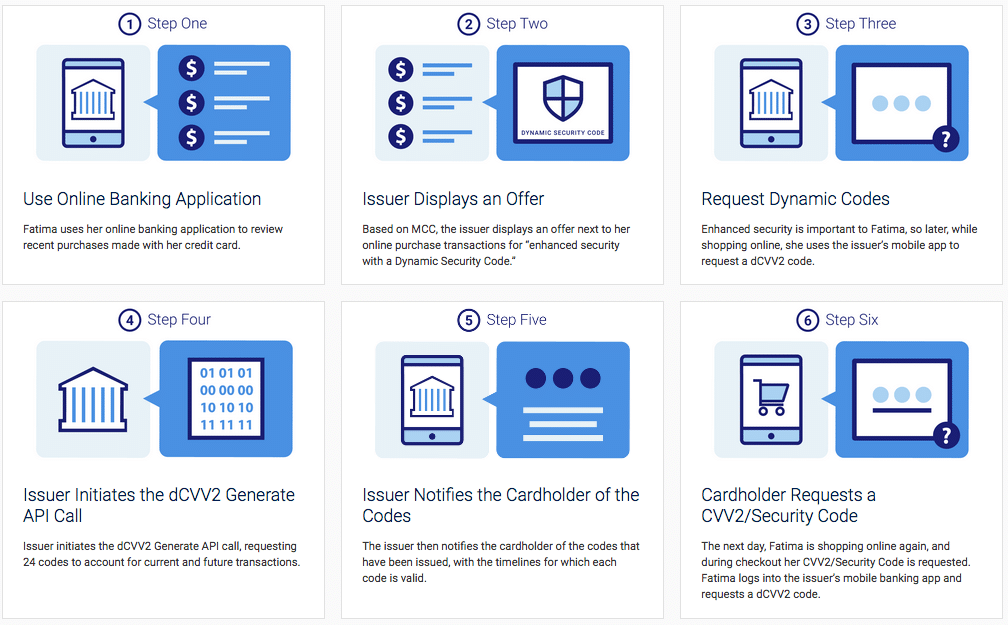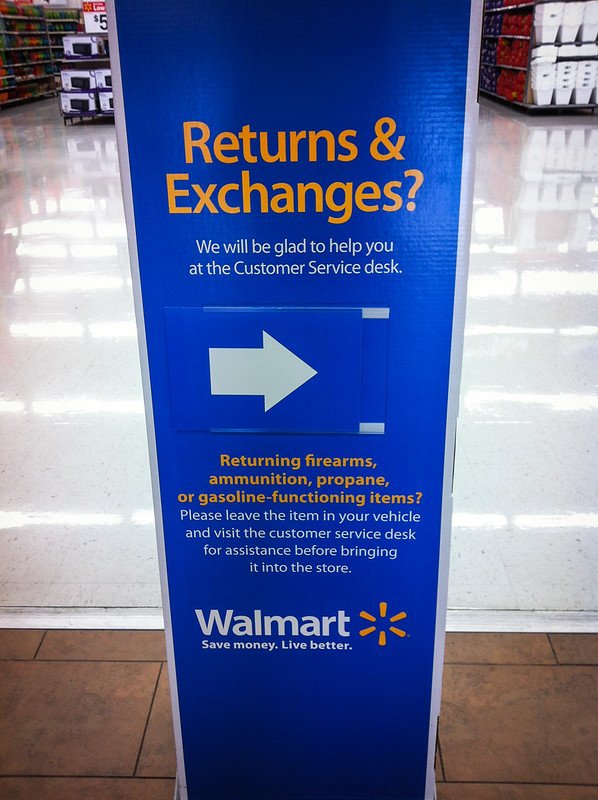Use Affiliate Marketing to Break Into Ecommerce
Last Updated on March 7, 2023 by Corepay
Entrepreneurs who are looking to break into ecommerce, but want to take things slowly, should consider affiliate marketing as a starting point for their new online sales ventures. But what is it? How do you do it? And what do you need to make it happen?
We’ll give you a basic roadmap for affiliate marketing and give you some guidance on where to go to learn more about getting started.

The nice thing about affiliate marketing is that you don’t have to handle the fulfillment, the shipping, or even buying the product. The only thing you do is refer people to the products and the websites and then earn your commission. You’re not laying out cash for buying inventory, you’re not paying for warehouse space, and you’re not even paying for shipping supplies. The merchants do all that.
Here’s a simple example to explain how it works.
Let’s say you want to sell mid-range power tools for construction contractors.
To start, you would crate an affiliate account on Amazon.Next, you build a WordPress website and list only the tools that you think the contractors would need. You don’t need to include anything else, just the tools that small contractors will need: hammer drills, pneumatic nailers, table saws, etc.
You then link directly to each product’s page on Amazon using your special affiliate code link. This tells Amazon that you created that link, and that you get the commission for that sale. As an added bonus, any other purchases that customer makes within 24 hours is credited to you.
So if someone shows up to buy a drill, and 18 hours later, they come back to Amazon and buy a case of spiral notebooks and a bottle of lavender shampoo, you get that commission as well.
Of course, you just can’t build a website and expect people to find it and use it. You have to promote it and market it like your livelihood depends on it. And that’s where the real work comes in. If you can drive clicks to the merchants, you’ll make a decent amount of money.
How much? It does depend entirely on your efforts, but there are some professional affiliate marketers and companies that are making mid-5 figures. You just have to put in the time and effort.
How to Choose Your Products
To find your product, you need to be familiar with it. You don’t have to be a previous user with years of experience. That is, you don’t have to be a former contractor to sell contractor tools. But if you wanted to dive into the merchant services space, where we live, you’d better know what products are available, the products available, the fees you’ll be charged (and will charge), and the penalties you could face if you screw something up.
As GreenSheets said:
Evaluate the products and services offered on a specific criterion. How does each product solve the challenge you selected? Also, never choose a product or company before you try it out. Get a live demo, and learn about the people behind the product. Who are they? What type of experience do they have? Most importantly, after researching, can you truly believe in the product? Consider commissions as well. Will you receive a percentage or flat rate? And how much can you control? Will it be scalable enough for both small and large clients? It’s essential to determine where you believe your product or service will fit best. Will it be healthcare, firearms, government, etc.?
Find your niche
It’s too vague and far-reaching to say “I sell contractor tools” or “I sell merchant services.”
There are millions of contractors and do-it-yourselfers out there, all looking for a big box store’s worth of tools. There are many more millions of ecommerce merchants and retailers all looking for credit card processing. You don’t have the time or resources to manage something that big.
So focus on a niche, a small, small specialty where there are only a few thousand people doing the work. For example, focus only on contractors that specialize in restoring historic homes, or providing merchant services for small law firms with fewer than three partners.
Develop your promotional content
When it comes to marketing your affiliate, well, that’s a whole other matter. There are entire books written on marketing, so we’re not going to give you all of that information in this article. We’ll give you the skeleton of a plan, and you can add meat to the bones with additional reading and learning.
First, you’ll want to have a social media presence. Rather than trying to get your website to rank #1 on Google, focus instead on building an audience of potential customers. Follow every 3-person-or-fewer law firm you can find. Find every historic home remodeling contractor you can. Follow them on Twitter and Instagram, and try to get them to follow you back.
Second, develop a content strategy. “Content” is a generic term that basically means written articles, photos and videos, and audio. Write blog articles, share photos and videos of your work and clients’ work, or create a podcast geared toward that industry.
Post your content regularly. You can’t just do a one-and-done blog article and expect that to carry your company to financial freedom. You’re going to have to write blot posts every day that are useful to your clients. If you’re selling merchant services, write articles about how to choose a merchant services provider that won’t gouge them on fees. Reach contractors by sharing photos and videos of your customers’ latest projects and successes.
Eventually as you add enough content to your website you’ll also be improving your SEO, which will improve your page ranking. As people look for answers to their questions — How do I replace old millwork in a Federalist style house? Can attorneys accept credit cards? — your content will show up and you can direct them toward the products and solutions that answer their questions.
You’ll also want to share this content via an email newsletter (don’t forget to subscribe to ours!) and maybe even a podcast. Interview other subject matter experts on your show and have them discuss their successes and failures, and ask them about how they got to this stage in their career.
At the heart of all of this, you want to be seen as the expert in your particular field for that particular niche. You don’t have to be a merchant services expert, you just have to know more about merchant services for small law firms. You don’t have to be a construction expert, you have to know how to help historic home contractors.
As you become the expert, your customers will learn to trust you and know that they can go to you for answers as well as the products or services you’re selling. Use content marketing and social media marketing to build that trust and show your readers that you’re the source for exactly the products and services they need.
Do you want to learn more about starting your own affiliate marketing business, or even just how to accept credit cards for your own affiliate business? Corepay can help you. To learn more, please visit our website or call us at (866) 987-1969.
Photo credit: Samarth1612 (Wikimedia Commons, Creative Commons 4.0)
We appreciate you following Corepay’s blog. Let’s collaborate, send us your article suggestions, questions, and/or feedback to: [email protected].




